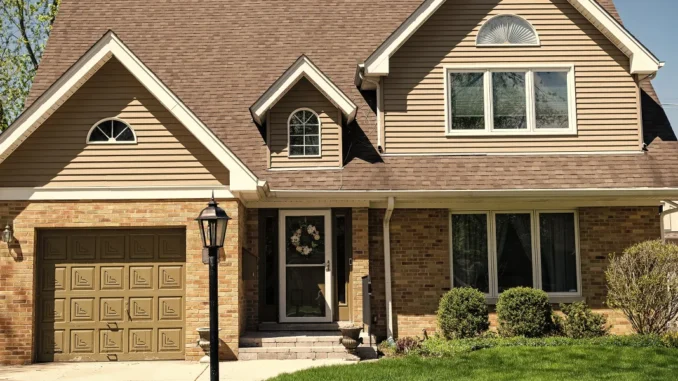
I first thought I misheard when Mrs. Yarrow—my late dad’s long-time neighbor—called.
“Can you do something about your tenants? The young men at your father’s house are ridiculously loud.” My blood ran cold. Tenants? I’ve never rented the place.
I hadn’t even stepped inside since Dad died—it felt like keeping my grief alive. I rushed over—about an hour away—and saw three beat-up cars parked, the door wide open, music blasting. Empty beer cans littered the lawn, and Dad’s rocking chair replaced with a cheap lawn chair.
Inside the garage, I spotted Nate’s old Honda—one of my husband Phil’s gaming buddies. The truth hit: Phil had turned Dad’s house into a frat pad, profiting off my grief.
He’d been acting flush—new shoes, getaway hints—but it was all from renting out my father’s home. I felt betrayed.
I sat in my car, furious but plotting. I called Nate: “Help me teach Phil a lesson, and you can stay rent‑free another month.” He agreed.
The next morning, Phil panicked over a fake fire call at Dad’s house. Thirty minutes later, I told him I was showing the house to buyers. He freaked. When I arrived, he’d vanished—and Nate and the others cleared out too.
That weekend, I restored Dad’s house—cleaned the porch, picked up every beer can, returned his furniture. Three days later, I sat on Dad’s porch swing—finally at peace.
A few days after, I was served divorce papers. I felt no sadness—only clarity. Phil could have our house. My dad’s home, filled with love and memories, mattered too much to lose.